Turkish Cypriots on Friday travelled to the village of Kokkina to commemorate the 61st anniversary of the Battle of Tillyria.
Kokkina is now controlled by the Turkish military but is completely cut off from the rest of the north, being surrounded by the Republic on three sides and by the sea on the other. It now has no civilian population, with its native population having been moved to Yialousa, in the Karpass peninsula, in 1976.
As such, hundreds of Turkish Cypriots crossed into the Republic at the Limnitis crossing point on Friday morning to make the trip to the village, making their way then into the exclave.
A memorial ceremony took place in the village at 10am, and was attended by many high-profile Turkish Cypriots, including Turkish Cypriot leader Ersin Tatar, ‘parliament speaker’ Ziya Ozturkler, former Turkish Cypriot leader Mehmet Ali Talat, Turkish ambassador in Nicosia Ali Murat Basceri, as well as high-profile military figures, and other ‘ministers’ and ‘MPs’.
The ceremony began with the laying of wreaths at a monument to the battle, a moment of silence, the raising of the flags of both Turkey and the ‘TRNC’, and a rendition of the Turkish national anthem.
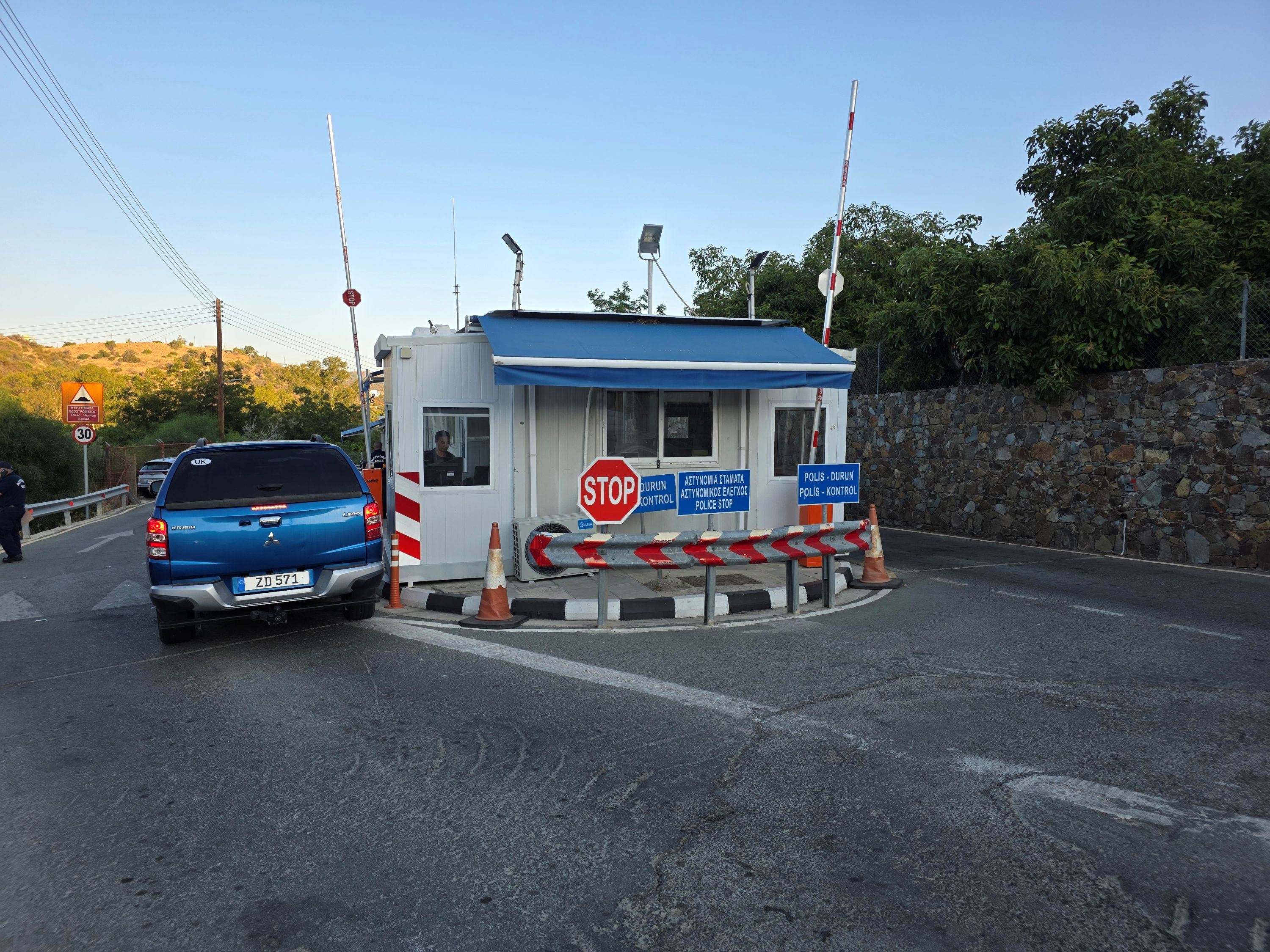
Then, a special memorial book was signed by Tatar and two of the military officials, with Tatar writing in the book that Turkish Cypriots who fought in the Battle of Tillyria, known to Turkish Cypriots as the “Erenkoy Resistance”, “demonstrated courage, supreme will, and great sacrifice”.
“We bow once again in your spiritual presence with feelings of respect and gratitude. Thanks to you, our esteemed martyrs, the Erenkoy Resistance, which has earned a place in the history of the Turkish Cypriot fight for existence comparable to the Canakkale Epic, was preserved at the cost of your lives,” he said.
The “Canakkale Epic” is the name given by Turkey to what English speakers know as the Gallipoli campaign, a World War One expedition carried out by the Allied powers which set out to capture the Gallipoli peninsula in eastern Thrace, eventually capture Constantinople, now Istanbul, open the way to the Black Sea for allied navies, and knock the Ottoman Empire out of the war.
However, the Ottomans, led by Mustafa Kemal, later Ataturk, resisted the onslaught.
Tatar on Friday wrote that Kokkina was in 1964 “the sole point of contact between the Turkish Cypriot people and their motherland”, and that with the successful defence of the village, “an epic victory was achieved in our people’s sacred fight for existence”.
“Today, the Turkish Cypriot people continue to live in their homeland, under the roof of their own state, free and secure as a result of your own unforgettable struggle and sacrifices,” he said.
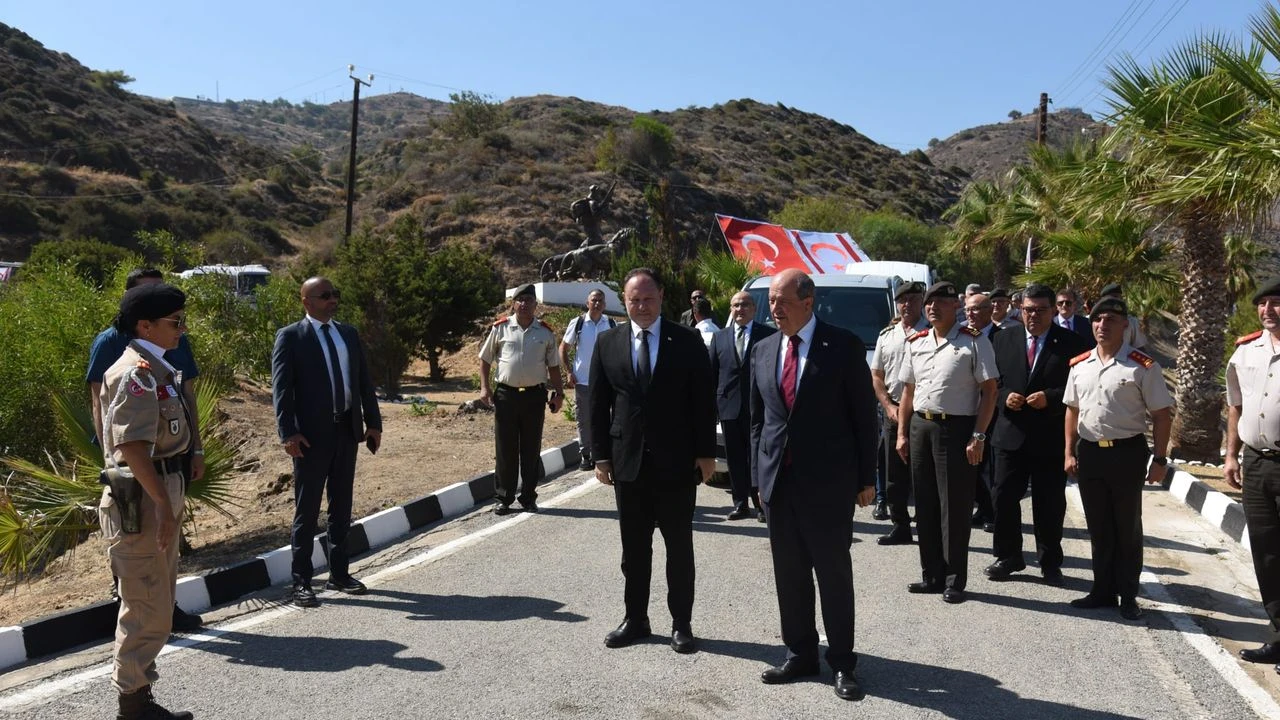
“With the national values and strength which you entrusted to us, we will continue to fight with determination and resolve to ensure that the Turkish Cypriot people attain their rightful place in the world. We will never forget you, nor will we allow you to be forgotten.”
Turkish Vice President Cevdet Yilmaz was not present in Kokkina, but did release a statement, in which he made reference to Turkish air force pilot Cengiz Topel, who died after being captured during the battle.
“I commemorate and respect Captain Cengiz Topel, the first air force martyr in the history of our republic, on the 61st anniversary of his heroic fight, which he waged at the cost of his life above the skies of Cyprus,” he said.
He added, “I commemorate with respect, mercy, and gratitude all our heroes who made history by risking their lives during the Erenkoy Resistance, a turning point in the Turkish Cypriot people’s fight for freedom and existence”.
Cengiz Topel’s aircraft was hit by Greek Cypriot anti-aircraft fire as he attempted to sink a ship in the harbour at Karavostasi. He ejected from the plane and parachuted into the village of Peristeronari, before being captured and later killed by Greek Cypriot forces.
The Battle of Tillyria took place in the summer of 1964 as the National Guard, led by George Grivas, put the village of Kokkina under siege in an attempt to cut it off from the incoming supplies of weapons and other paraphernalia from Turkey.
Turkey helped the Turkish Cypriots in the battle, carrying out air raids in the region. The Turkish Cypriots defended the beachhead at the village, though with the Greek Cypriots now controlling the coastal road, its usefulness to them or Turkey dwindled after the battle.
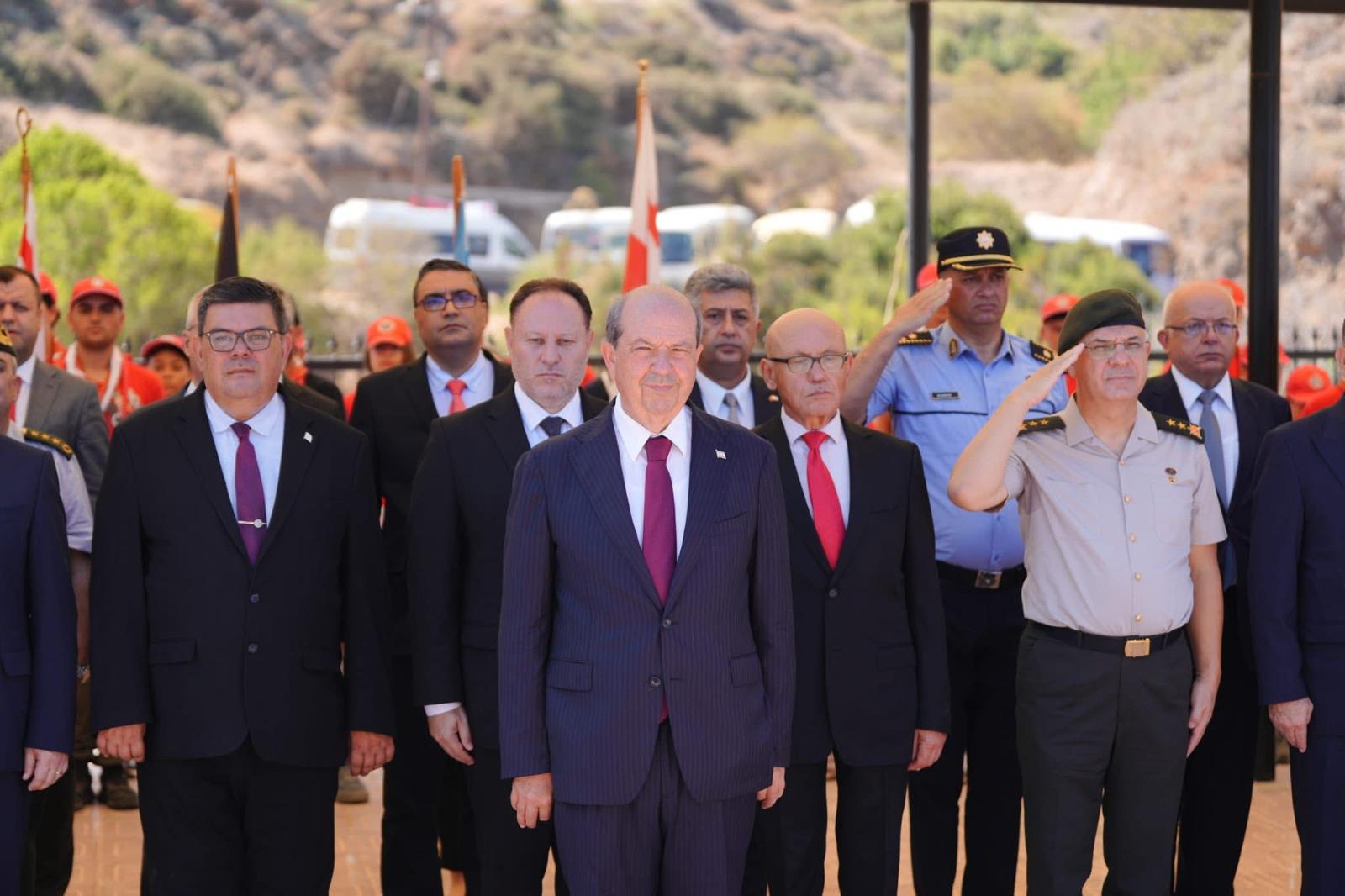

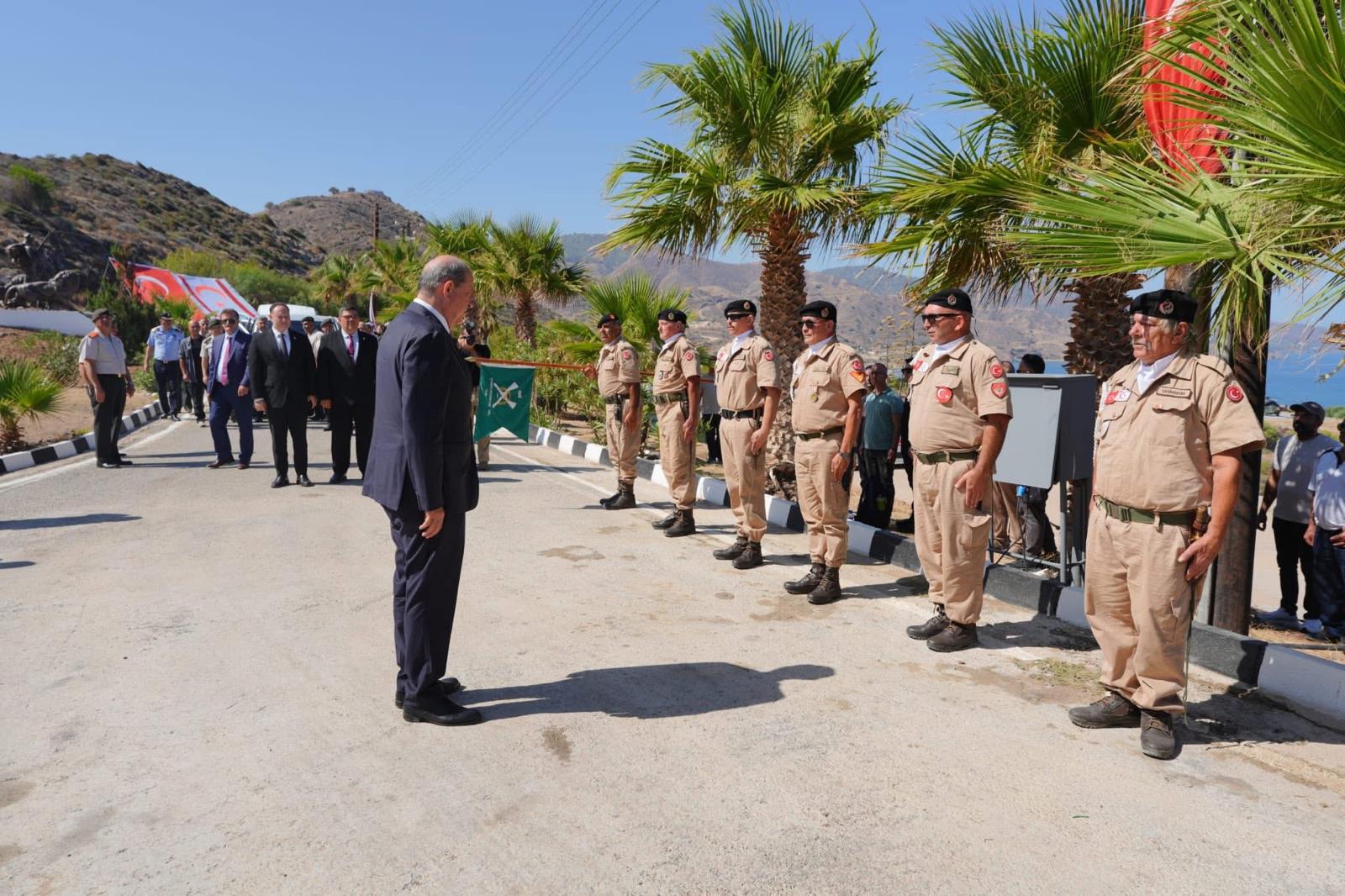

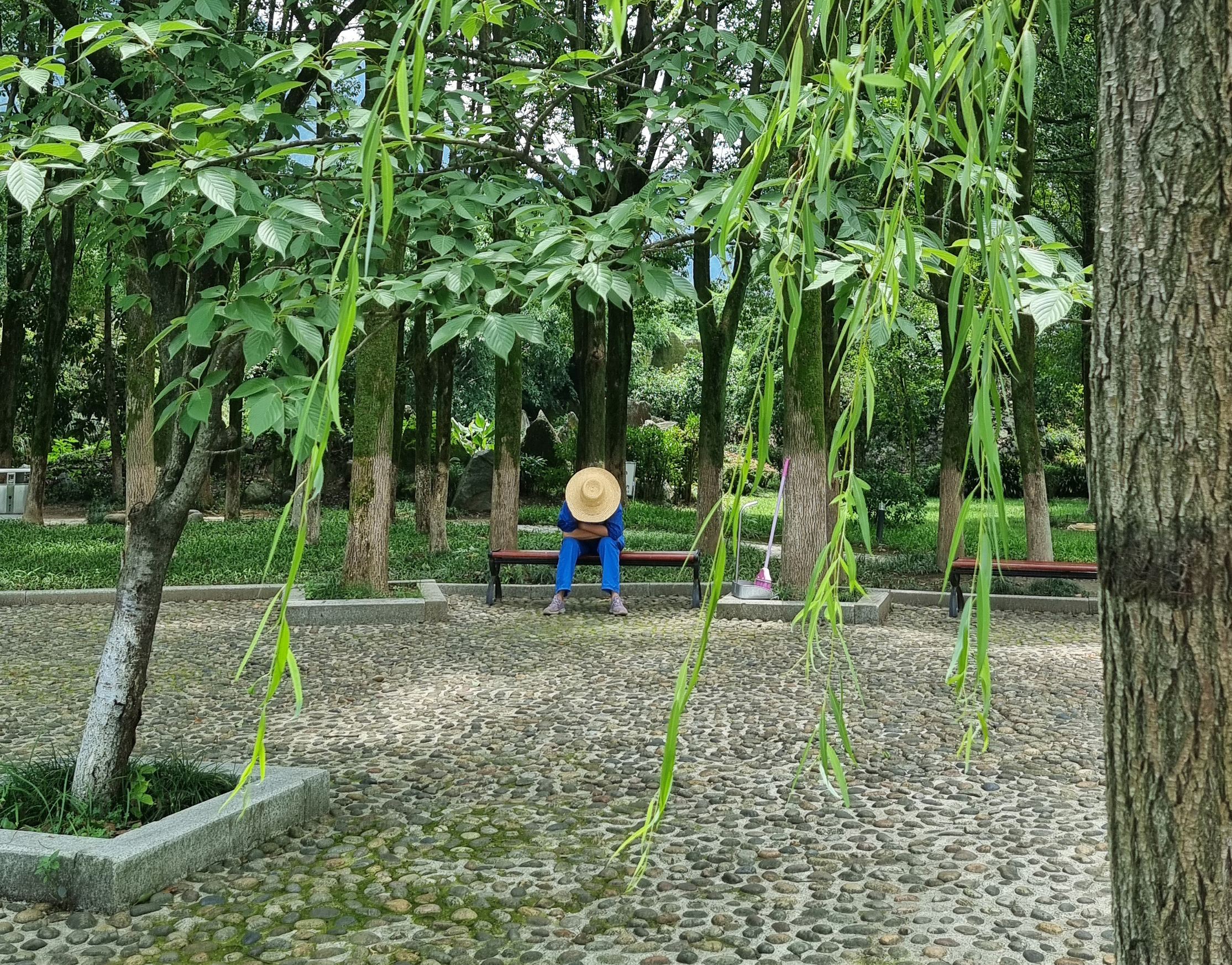
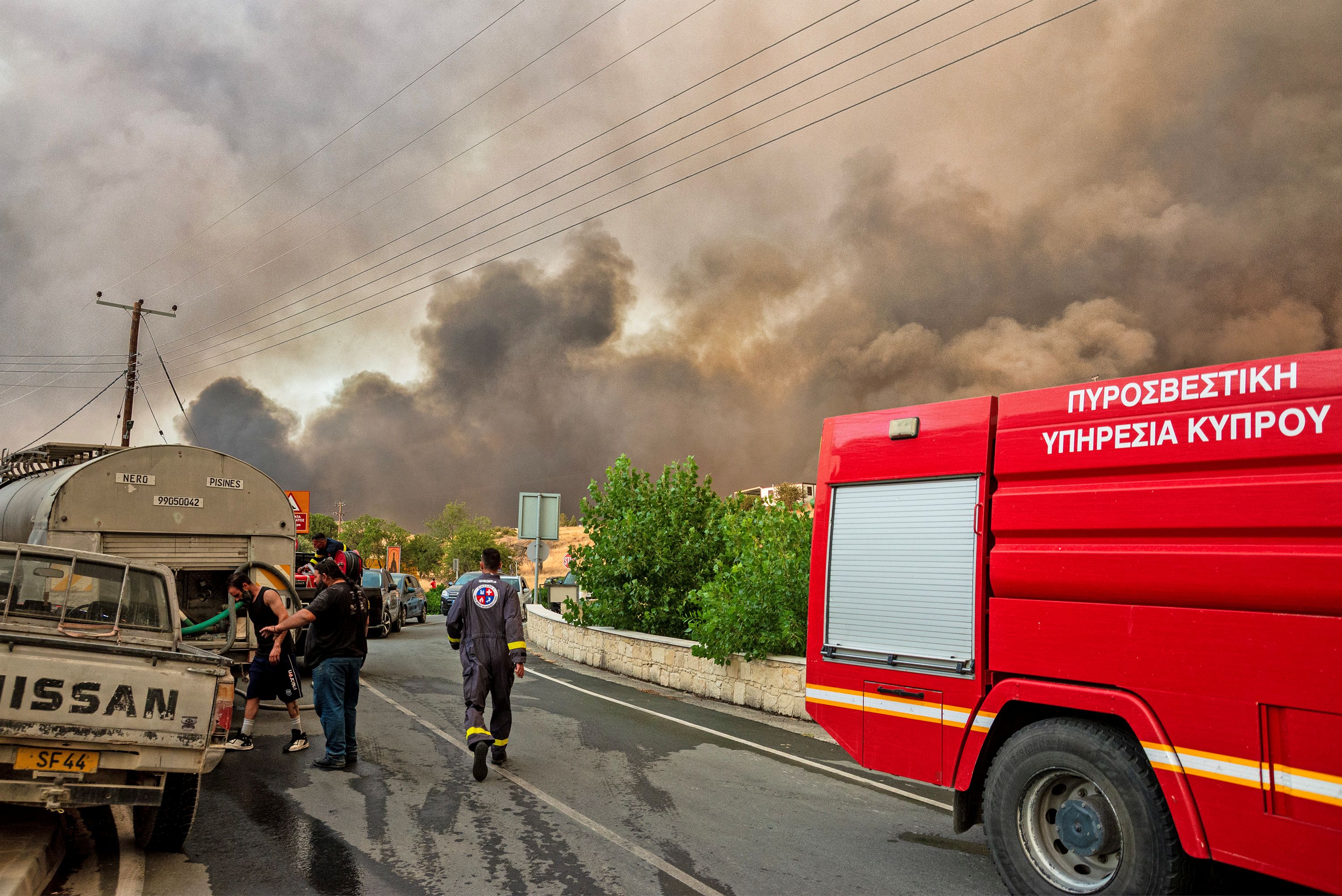

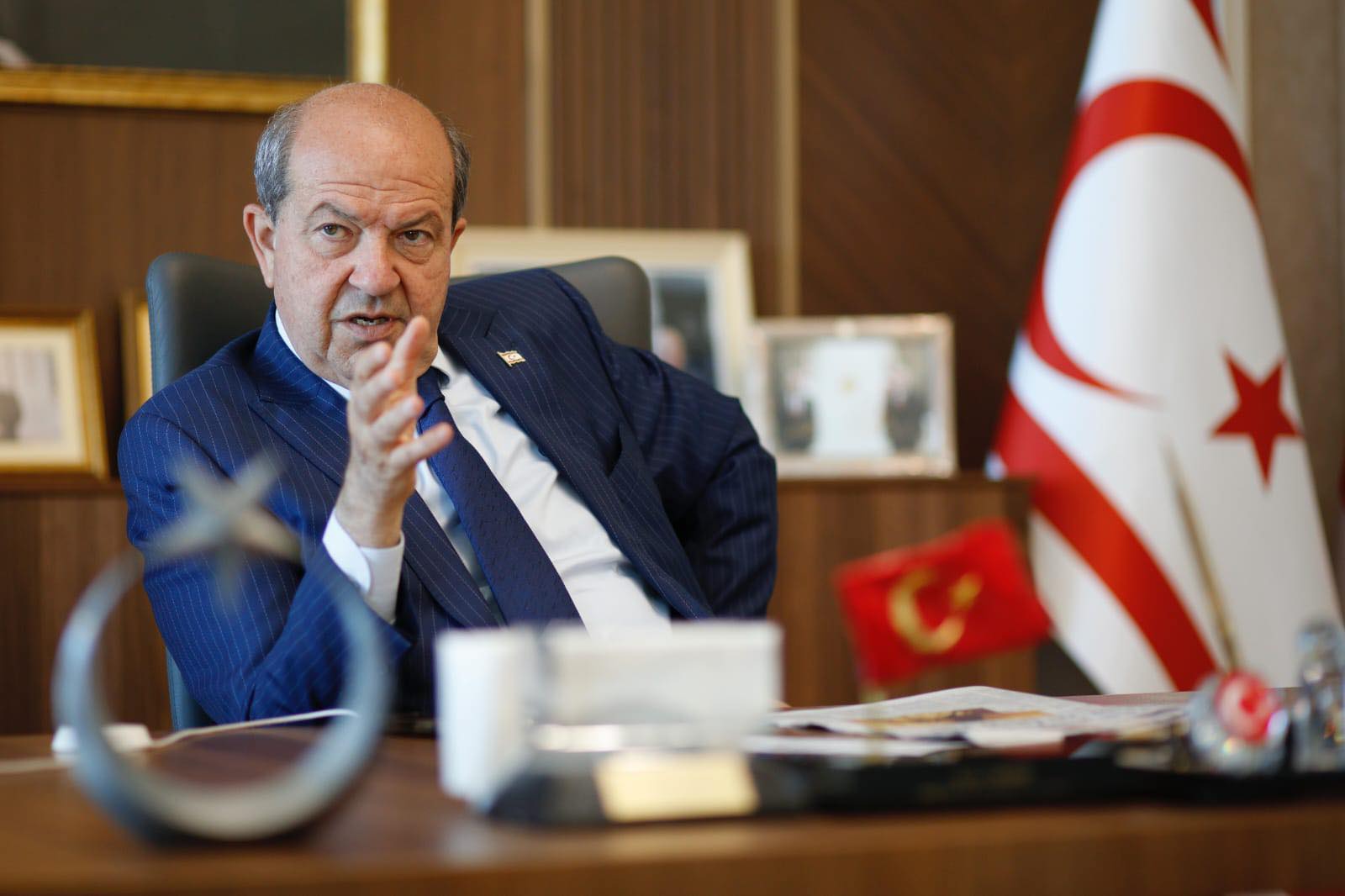
Click here to change your cookie preferences